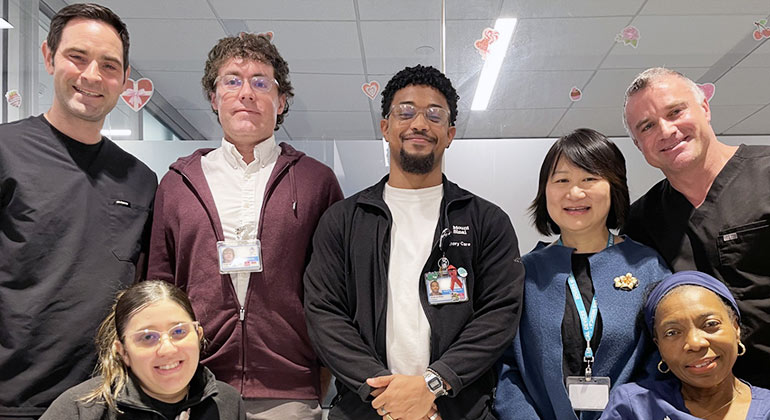
Preventing Anal Cancer
Human papillomavirus (HPV) is very common. Most people catch it at least once during their lifetime, and many never know they have it. The immune system is often strong enough to clear the virus from the body, but sometimes the body cannot fight it. When this happens, HPV may cause warts or subtle changes in anal cells, some of which can lead to cancer if left unchecked.
If you are at increased risk of anal cancer, it is important to be screened for these changes. We want to find any issues so we can treat them before they become cancerous.
HPV and Anal Cancer Risk
It is often more difficult for people living with HIV to fight off HPV, which makes screening for HPV-related changes more important.
Some people are at higher risk for anal cancer than others. These people include:
- Men who have sex with men (who do not live with HIV)
- Women with a prior history of certain gynecologic cancers or precancers
- People whose immune system is suppressed for reasons other than HIV
Anal Cytology (Pap Smear) and HPV Test
To perform an anal Pap smear, we use a swab or thin brush to collect cells from inside and around the anus. Then we usually perform a digital anorectal exam (inserting a finger about three inches into the anus using lots of lubricant and numbing gel). We test the cells in a lab. If we find abnormal cells or certain types of HPV, we may need to do further testing and perform a high-resolution anoscopy (HRA).
High-Resolution Anoscopy
You may need to come back for a separate appointment so we can perform an HRA. An HRA is a thorough exam of the anal area with a magnifying device. It takes about 10 minutes. We paint the inside of the anus with solutions that show cellular changes. We may also need to take tissue samples (biopsies) to send to the lab. They can diagnose the type of changes and help us figure out the best treatment—or whether you need any treatment at all.